Bridging the Divide: The Push for Political Unity in a Polarized Age
In an era where political polarization has seeped into the fabric of society, efforts to bridge divides are not just commendable, but necessary for the health of democratic institutions. The past few years have seen a crescendo of divisiveness, with chasms forming not just across the aisle in legislative chambers but at dinner tables and in community forums across the nation. As media megaphones amplify extreme voices, the quest for common ground and political unity becomes an increasingly uphill battle.
The roots of this division are deep and multifaceted. Analysts point to a mix of economic disparity, social media echo chambers, and demographic shifts as key contributors to the current climate of disunity. Economic disparities create a fertile ground for resentment, as citizens on lower rungs of the economic ladder feel increasingly left behind by a system that seems rigged against them. Meanwhile, those on higher rungs often view policy proposals aimed at redistribution of wealth with suspicion, fearing an encroachment on the free market principles they believe are essential to prosperity.
Social media, once heralded as a unifying force, has become a double-edged sword. Platforms designed to connect individuals across continents also inadvertently foster silos of homogenized thought. Algorithms cater to user preferences, creating an endless loop of affirmation rather than a marketplace of ideas. Rather than broadening perspectives, many users find themselves entrenched in their beliefs, shielded from divergent views by the very technology that promised to expose them to the wider world.
Demographic shifts also contribute to current tensions. As nations grow more diverse, there is an observable rise in movements advocating for either inclusion or protectionism. The anxiety surrounding cultural identity and the pace of change leads to polarization on issues related to immigration, race, and national identity.
Against this gloomy backdrop, however, are rays of hope. Across the country, movements are afoot to rebuild a sense of shared purpose. Non-partisan organizations are facilitating dialogues among citizens with differing political views, fostering understanding and empathy. Pioneering politicians from both major parties are reaching across the aisle to find bipartisan solutions to issues such as healthcare, infrastructure, and national security.
Furthermore, a growing awareness of the need for political unity is influencing public dialogue. Thought leaders and everyday citizens alike are raising their voices against the us-versus-them mentality that has taken hold. Some advocate for election reform, such as ranked-choice voting or non-partisan redistricting commissions, as a means to break the stranglehold of partisanship.
Educational initiatives have emerged aiming to foster critical thinking and civility in discourse, equipping the next generation to better navigate the complex political terrain. Civics education is experiencing a renaissance, with an emphasis on the responsibilities that accompany rights, and on the role of compromise and negotiation in governance.
In the corridors of power, there is a budding recognition that political unity does not equate to uniformity of thought. Unity can mean a collective agreement to prioritize the nation's well-being above party or personal ambition. It can reflect a shared commitment to engage in good faith negotiations and to respect the core principles of democracy, including free speech, fair elections, and the rule of law.
In pursuit of political unity, there is also a newfound appreciation for the role of local governments. Beyond the polarized national narrative, local officials often work in less contentious environments and are able to forge partnerships that transcend party lines. Initiatives that begin at the local level can serve as blueprints for broader national policies.
The realities of global challenges such as climate change and international security threats also provide impetus for a more united political front. Such complex issues require coordinated efforts and cross-party collaboration, as no single group has a monopoly on the wisdom necessary to address them. This pragmatic approach to governance, driven by necessity rather than ideology, has the potential to serve as common ground on which political factions can meet.
Despite the difficulties inherent in healing a divided nation, the push for political unity remains a guiding light for many. It is an acknowledgment that the stakes are too high for continued division, that the common threads which bind society together must be stronger than the forces that seek to pull it apart. As these efforts grow and gain momentum, there is cautious optimism that the current era of division will give way to a more collaborative and inclusive political landscape.
In the subsequent analysis, we will delve into specific examples where political unity has been achieved against the odds, and how lawmakers and citizens alike are crafting a blueprint for a less polarized future.Indeed, while the path to unity is fraught with challenges, successful instances of bipartisan cooperation shine as beacons of hope. One such example is the recent passage of major infrastructure legislation in the United States. In a rare display of bipartisanship, members of Congress from both parties came together to support a bill that promised to revitalize the nation's aging roads, bridges, and digital networks. This initiative, aimed at addressing the country's long-term competitiveness, required lawmakers to set aside partisan posturing and focus on the common good.
This historic achievement serves not just as a legislative victory but as a testament to the potential for political unity. It demonstrates that on issues of substantial national importance, there is room for collaboration. It also underscores the recognition among elected officials that they are ultimately accountable to all constituents, not just those within their party base.
Another example of unity is seen in the response to the global pandemic. Facing a threat unseen in a century, many nations' leaders, regardless of political leanance, took coordinated action to safeguard public health and stabilize economies. The crisis drew attention to the interconnectedness of societies and the need for unified responses to complex global challenges. Emergency situations often necessitate a depoliticization of decision-making, providing a blueprint for cooperation that can potentially extend to other areas of governance.
Community-level initiatives also reflect the potential for unity in the political arena. Across various states and cities, local leaders have successfully engaged diverse groups to address societal issues such as homelessness, opioid addiction, and education reform. By focusing on practical solutions rather than ideological victories, these programs have brought together stakeholders who might otherwise stand on opposing sides of the political spectrum.
Non-profit organizations and local community groups have been pivotal in fostering environments for constructive dialogue. Bridging the divide has often started with conversations that emphasize listening to understand, rather than to respond—a skill vital for any democratic society. These discussions allow participants to recognize the humanity and legitimate concerns of those they disagree with, paving the way for more nuanced and empathetic approaches to policy-making.
On the international stage, unity is also evident in the cooperative efforts to tackle climate change. The Paris Agreement, despite its flaws, symbolizes a momentous collective commitment to address a common threat. Countries with varied economic interests and political ideologies have come together to acknowledge the severity of the crisis and to take action—albeit at different paces.
In the realm of security, intelligence sharing among nations to combat terrorism and cyber threats has become a mainstay of international relations. This level of cooperation speaks to the mutual benefit derived from a united front against non-traditional adversaries that do not respect national borders.
These examples of unity, however, do not suggest that the work is done; rather, they highlight the ongoing necessity of effort. The journey toward unity is persistent, requiring continuous dialogue, negotiation, and empathy. It also requires vigilance against the rise of populist movements that exploit divisions and sow discord for political gain.
To be sure, the quest for unity must be tempered with realistic expectations. Honest disagreements are a feature of the democratic process, and dissent is vital for the health of any society. Unity should not entail the suppression of diversity in thought or policy. Instead, it should aim for a consensus on shared values and a commitment to work through differences with respect and an eye toward compromise.
Moving forward, the focus on education in democratic values—such as respect for dissenting opinions, the importance of engaged citizenship, and the need for compromise—will be paramount for cultivating a political culture that values unity. The media also has a role to play in highlighting bipartisan successes and encouraging narratives that bridge, rather than widen, divides.
Achieving political unity is undeniably an ambitious endeavor. It requires unwavering dedication to the greater good and a willingness to chart a middle way through the tumultuous waters of partisanship. But as history shows, moments of great unity often follow periods of considerable strife. In this light, the pursuit of unity is not just a noble objective, it is a cyclical opportunity—an occasion to emerge stronger, more connected, and with a renewed sense of collective purpose.



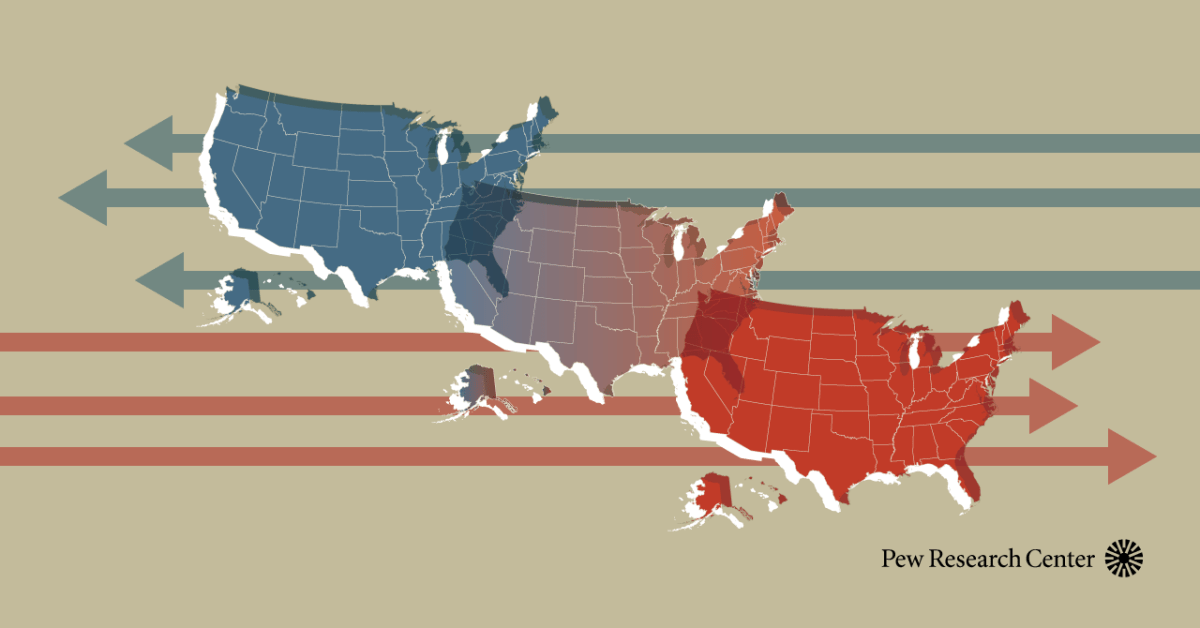

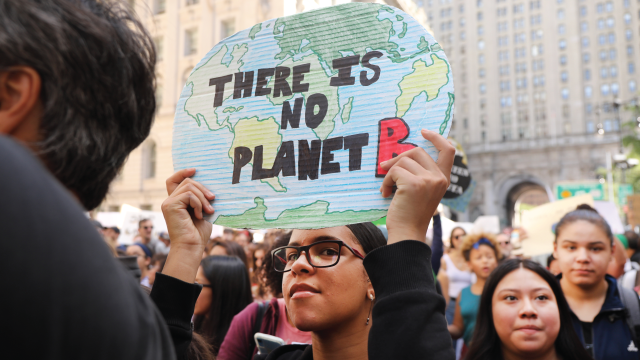
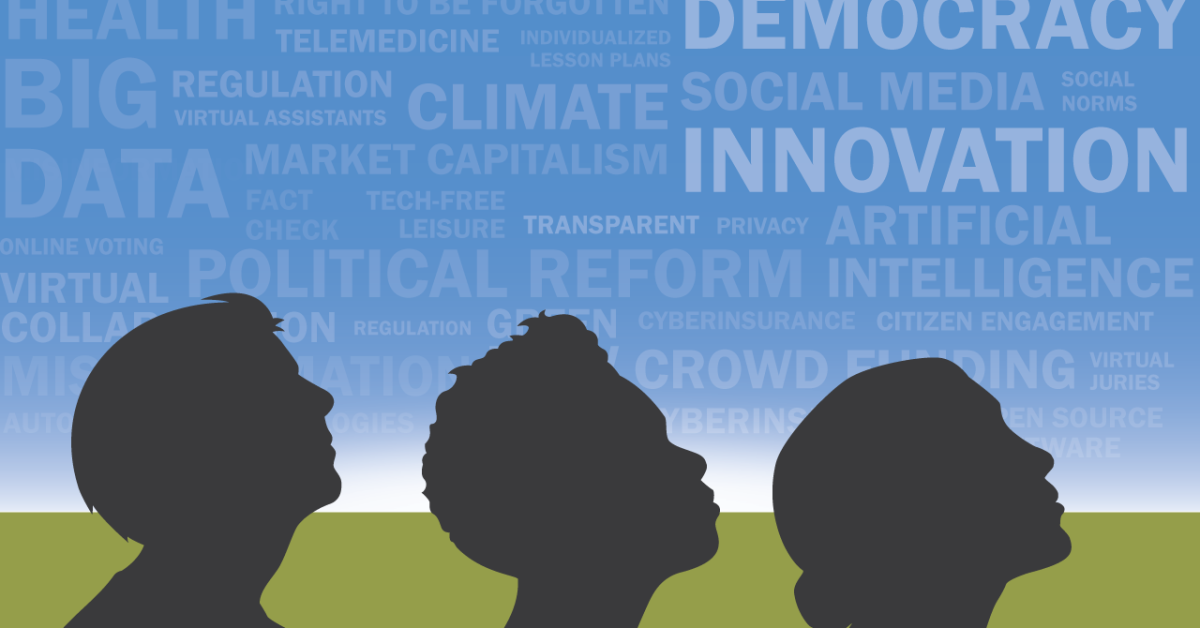


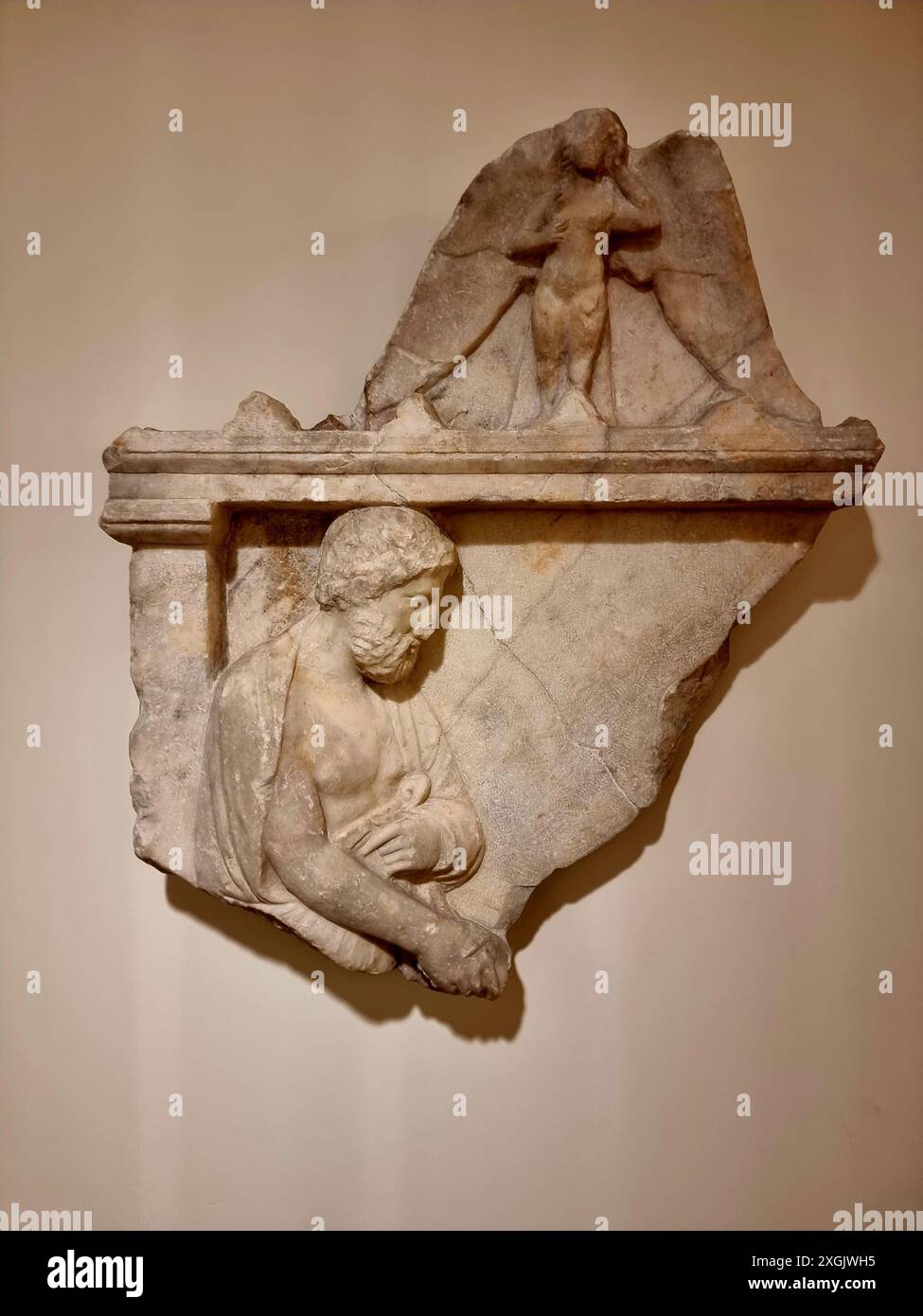
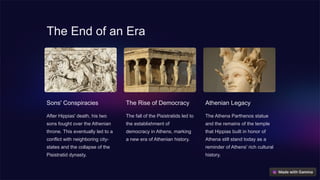
Comments